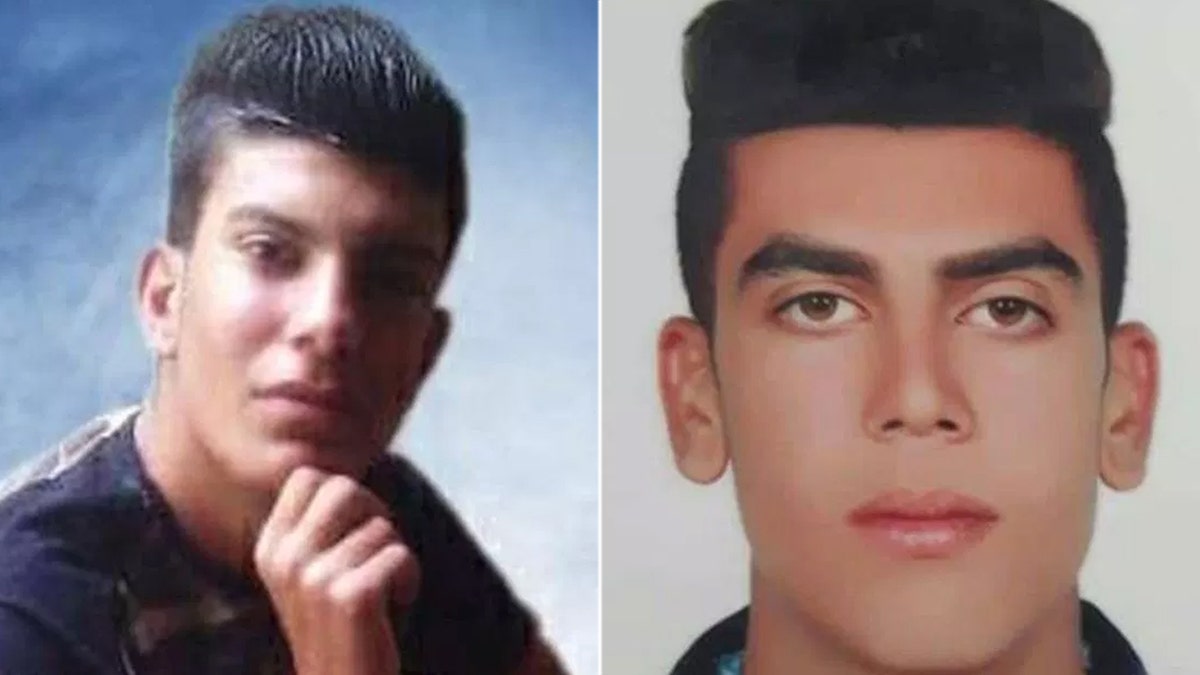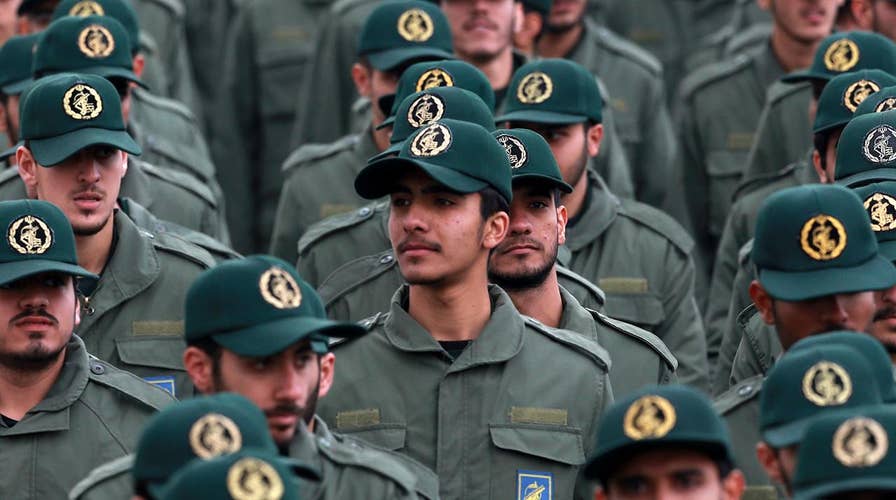Why the Trump administration's squeeze on Iran matters to Americans
U.S. sanctions are pushing Iranian inflation towards 40 percent. Adviser to the Trump administration on Iran Mark Dubowitz reacts.
Iranian authorities have flogged and executed two teenage boys without notifying their family or lawyers – a flagrant violation of international human rights.
According to Amnesty International, Mehdi Sohrabifar and Amin Sedaghat, who were cousins, were executed on April 25 soon after being transferred to Adelabad prison in the southern Fars province. Both were arrested in more than two years ago, when they were 15 years old, and convicted on multiple rape charges under what Amnesty characterizes as an “unfair trial.”
“The Iranian authorities have once again proved that they are sickeningly prepared to put children to death," said Philip Luther, Amnesty International’s Middle East and North Africa Director. "It seems they cruelly kept these two boys in the dark about their death sentences for two years, flogged them in the final moments of their lives and then carried out their executions in secret."
IRANIAN ECONOMY COLLAPSING AS TRUMP ADMINISTRATION TIGHTENS SANCTIONS: REPORT
Both bodies are reported to have been laden with lash marks, signaling they were beaten prior to their deaths, and the families of the minors were only informed of what happened after receiving a sudden phone call from Iran’s Legal Medicine Organization – a state forensic institute – requesting that they collect the slain teens.

According to Amensty International, two cousins Mehdi Sohrabifar and Amin Sedaghat were executed on April 25 soon after being transferred to Adelabad prison in the southern Fars province. (AMNESTY INTERNATIONAL)
Despite being a party to the Convention on the Rights of the Child and the International Covenant on Civil and Political Rights which prohibits the death penalty of any person under the age of 18, Iran is considered the “top executioner of children in the world.”
IRAN, IN SHADOW PROXY WAR WITH SAUDIS, EXPANDS ITS PAKISTAN INFLUENCE
Between 1990 and 2018, Amnesty International recorded the execution of 97 individuals who were under the age of 18 at the time of the crime – while over 90 are “at risk of execution.” The number could be significantly higher, the watchdog group suspect, given the shadowy nature of capital punishment and imprisonment within the country.
Moreover, the use of the death penalty for rape is prohibited under international law, which explicitly states that its use must only be used as punishment for intentional murders.
And according to some international policy experts, even the convictions of Sohrabifar and Sedaghat are murky.
“The Islamic Republic is a serial violator of human rights, and many trials in Iran, particularly of minors, fall short not only of international standards but also the low-bar set within Iranian law,” added Behnam Ben Taleblu, Senior Fellow at the Foundation for Defense of Democracies (FDD). “More than 100 years ago, Iranians struggled against their central authorities for representative government. Looking at the Iranian legal system today, it is clear that more than a century later, they are yet to live in a state whose laws are rooted in their own ethics and norms.”
